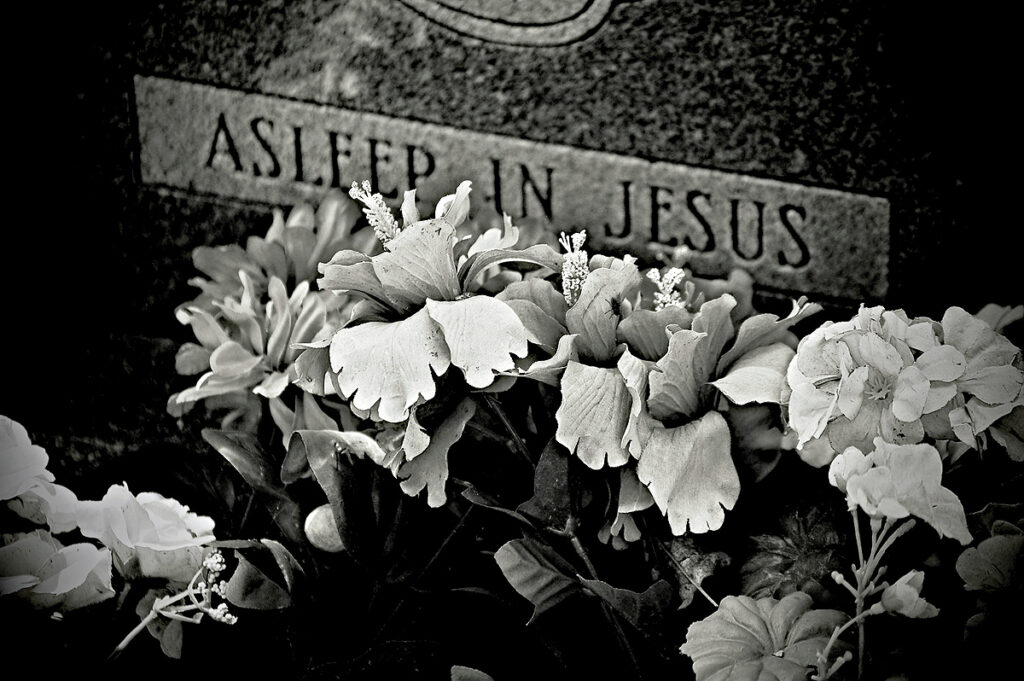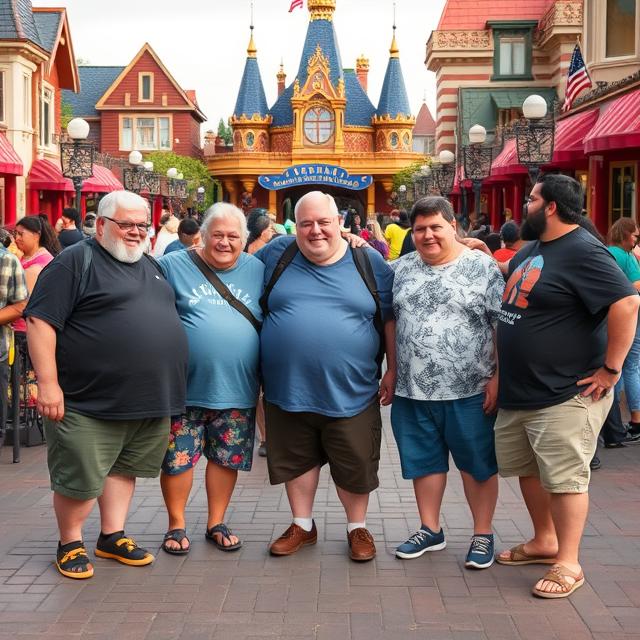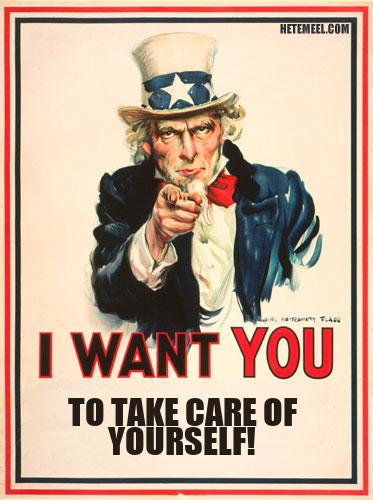Over the past two decades, the U.S. has witnessed a troubling trend: cancer types linked to obesity have nearly tripled, signaling a serious public health crisis.
What the Data Reveal
-
A review of over 33,000 obesity-related cancer deaths showed a threefold increase nationwide.
-
Breast, colorectal, endometrial, kidney, liver, thyroid, gallbladder, pancreatic, and multiple myeloma are among the cancers most strongly linked to obesity.
-
The National Cancer Institute estimates that in 2019 alone, approximately 43,700 new cancer cases in men (4.8%) and 92,200 in women (10.6%) were caused by excess weight.
Who’s Being Affected?
Originally, obesity-related cancers mostly affected older adults. Now, rising obesity rates in younger Americans are shifting incidence toward early-onset cancers.
-
Worldwide data link excess weight to increases in colon, rectal, pancreatic, and kidney cancers among people under 50.
-
In the U.S., early-onset colorectal, breast, kidney, and uterine cancers have spiked by as much as 80% between 2010–2019, with obesity cited as a key driver.
How Obesity Drives Cancer
Obesity influences cancer risk via several biological mechanisms:
-
Hormonal imbalances: Fat tissue produces extra estrogen, elevating risks for breast, endometrial, and ovarian cancers.
-
Insulin and growth factors: Elevated insulin and IGF-1 promote cell proliferation and tumor development—linked to colorectal, prostate, endometrial, ovarian, and breast cancers.
-
Chronic inflammation: Ongoing inflammation from excess fat damages DNA—fuelling cancer initiation.
-
Increased organ size: Studies show obese individuals may have larger livers, kidneys, and pancreases—creating more cells susceptible to cancerous change .
Early Weight Gain Matters
It’s not just adult obesity—early-life excess weight dramatically raises future cancer risk. A Spanish cohort study of 2.6 million people linked higher BMI in ages 18–40 with up to 18 different cancers over a lifetime. The longer excess weight persists, especially from youth, the greater the cumulative damage.
Consequences & Cost
The surge in obesity-associated cancers threatens to undo decades of cancer mortality decline. Roughly 1 in 20 cancers in the U.S. are now estimated to result from excess weight . These diseases carry both human suffering and significant healthcare costs, straining medical systems and public health initiatives.
What Can Be Done
Several strategies could curb this trend:
-
Weight-loss interventions: Evidence suggests that reducing body weight lowers cancer risk and improves outcomes—especially in breast and colorectal cancers .
-
Medication support: Drugs like Ozempic, used alongside diet and exercise, show promise for weight control and may help reduce cancer risk.
-
Early prevention: Promoting healthy weight from childhood through adulthood is key, as early exposure has the most significant impact .
-
Public health policy: Improving access to nutritious foods, promoting physical activity, and addressing socioeconomic factors affecting early obesity are essential long-term strategies.
A Global Issue
The U.S. isn’t alone—obesity has more than doubled globally over recent decades, mirroring increases in obesity-linked cancers globally. But U.S. trends, especially early-onset cases, reflect the urgent need for domestic action.








